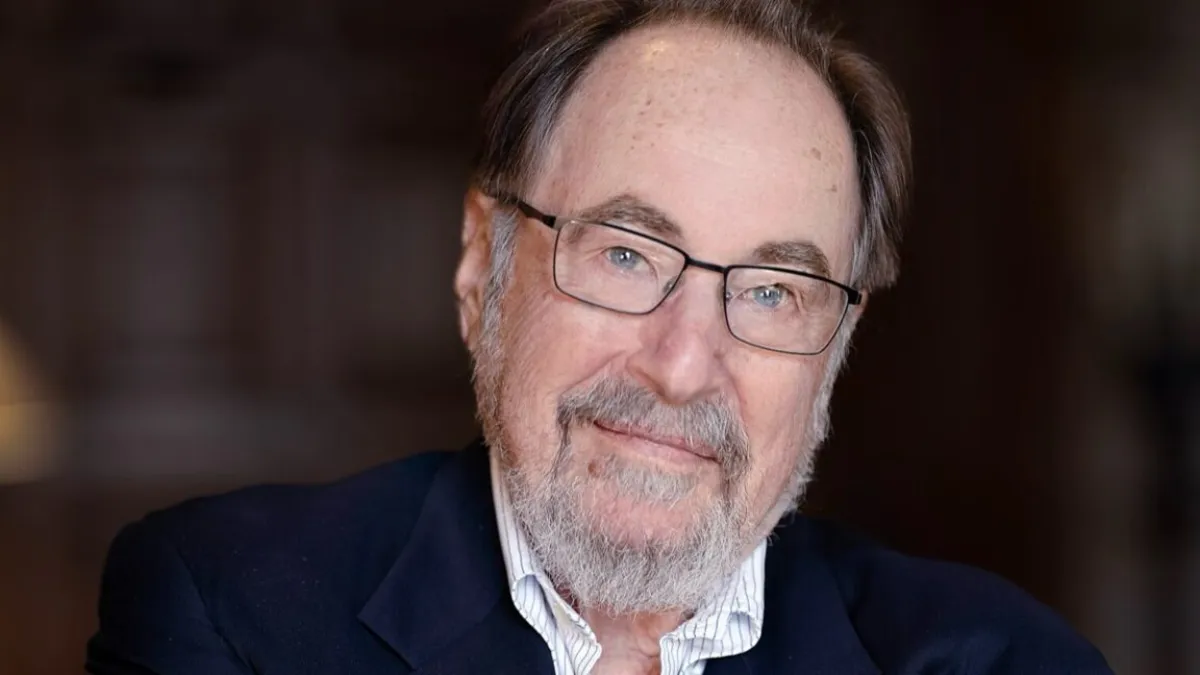
David Baltimore, the renowned molecular biologist and former president of Caltech, has sadly passed away at the age of 87 due to complications from cancer. Baltimore, a celebrated figure in the scientific community, was awarded the Nobel Prize in Physiology in 1975 for his groundbreaking work that revolutionized our understanding of cellular information flow. He is survived by his wife, biologist Alice Huang, their daughter, and granddaughter.
David Baltimore's remarkable career as a virologist has had a lasting impact on biology and medicine. According to current Caltech President Thomas F. Rosenbaum, Baltimore's research has discerned essential mechanisms and applied these insights to various fields, including immunology, cancer, and AIDS. His profound influence as a mentor to numerous students and postdoctoral researchers, combined with his leadership in significant scientific institutions and his dedication to ethical considerations in biological advancements, highlights an extraordinary intellectual journey.
Born in New York City in 1938, Baltimore was the son of a garment industry worker and a psychologist. His early academic prowess became evident when he decided to pursue a career in science after a transformative summer spent studying mouse genetics at the Jackson Laboratory in Maine. Baltimore graduated from Swarthmore College and obtained his PhD in biology from Rockefeller University in 1964, focusing on viruses in animal cells.
After joining the Salk Institute in San Diego, Baltimore married Alice Huang and later moved to MIT in 1982, where he founded the Whitehead Institute. His early research concentrated on viruses such as polio and mengovirus, which make RNA copies of their genomes. Baltimore's pivotal breakthrough came when he identified the enzyme now known as reverse transcriptase, proving that viral RNA could be converted back into DNA. This significant discovery challenged the prevailing dogma that genetic information flowed solely from DNA to RNA to protein synthesis and ultimately paved the way for gene therapy techniques that correct genetic diseases using disabled retroviruses.
Despite his illustrious career, Baltimore's scientific reputation faced scrutiny during the late 1980s due to a controversy known as the Baltimore affair. Although he was not personally accused of scientific misconduct, the investigation revolved around a paper co-authored with Thereza Imanishi-Kari, which examined how the immune system rearranges genes to produce antibodies. Allegations arose when a postdoc claimed she could not replicate key experiments and accused Imanishi-Kari of data fabrication.
The ensuing investigation, which attracted significant media attention and congressional hearings, was lengthy and involved forensic analysis of laboratory notebooks. Baltimore stood by Imanishi-Kari and refused to retract the disputed paper. However, the investigation culminated in a draft report by the National Institutes of Health (NIH) finding Imanishi-Kari guilty of research misconduct, which led to Baltimore’s resignation from his position as president of Rockefeller University.
Following the controversy, Baltimore returned to MIT and later became the president of Caltech in 1997. Although he acknowledged the toll the incident took on him, he rebounded by focusing on his research. He continued his work on viral vectors and mammalian immune systems until stepping down as Caltech president in 2006, spending summers in Woods Hole, Massachusetts. In 2015, he was among the scientists advocating for a global ban on genome-editing techniques to alter human DNA.
While Baltimore is rightfully celebrated for his scientific achievements, his interests extended far beyond the laboratory. Thomas Palfrey, an emeritus economics professor at Caltech, remarked on Baltimore's diverse passions, including music, art, fine dining, and travel. Palfrey emphasized that Baltimore led a multifaceted life, continuously striving to improve the human condition through both his work and personal endeavors.
David Baltimore's legacy as a scientist, mentor, and compassionate individual will be remembered not only for his groundbreaking contributions to virology and immunology but also for his unwavering dedication to ethical science and his love for humanity.